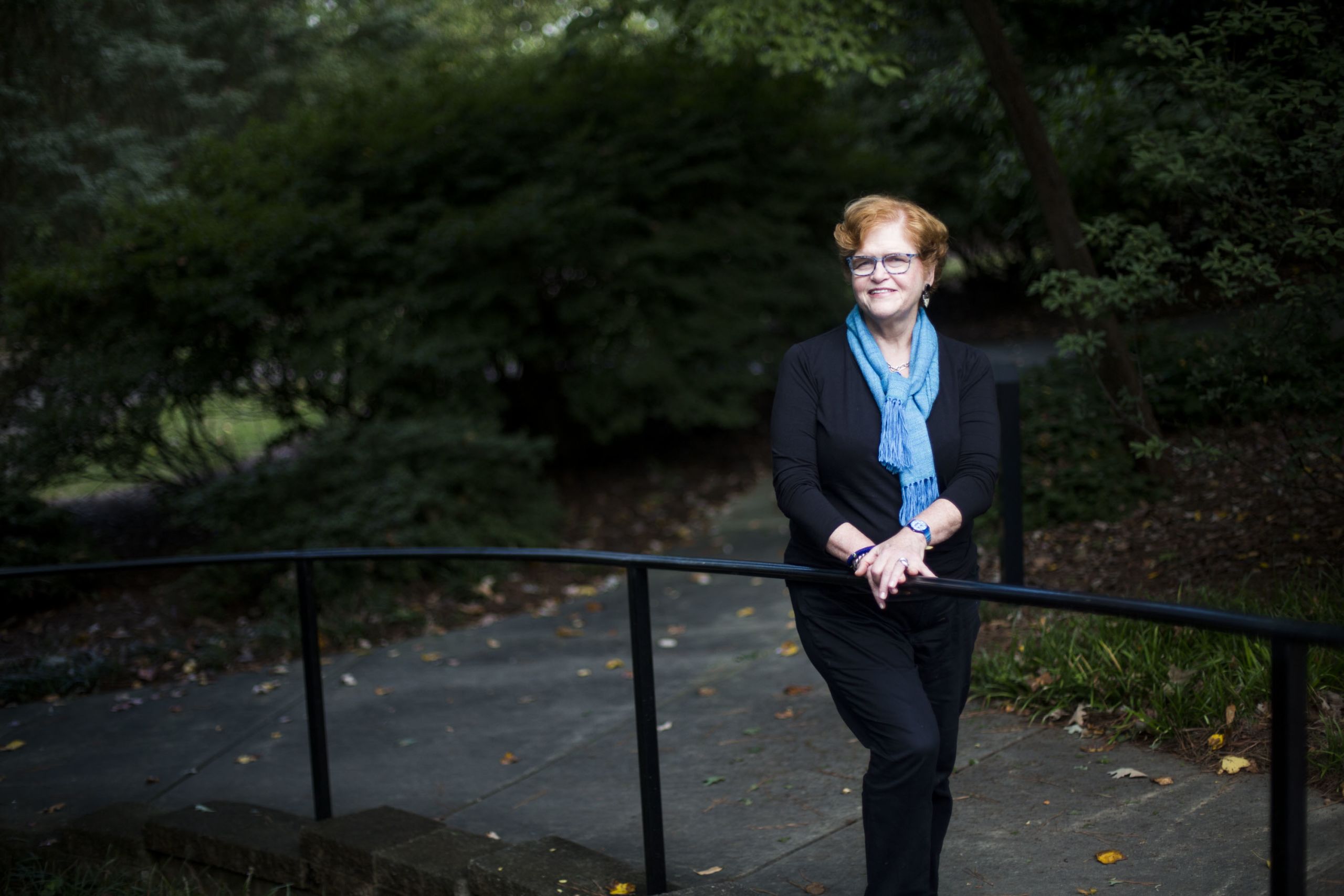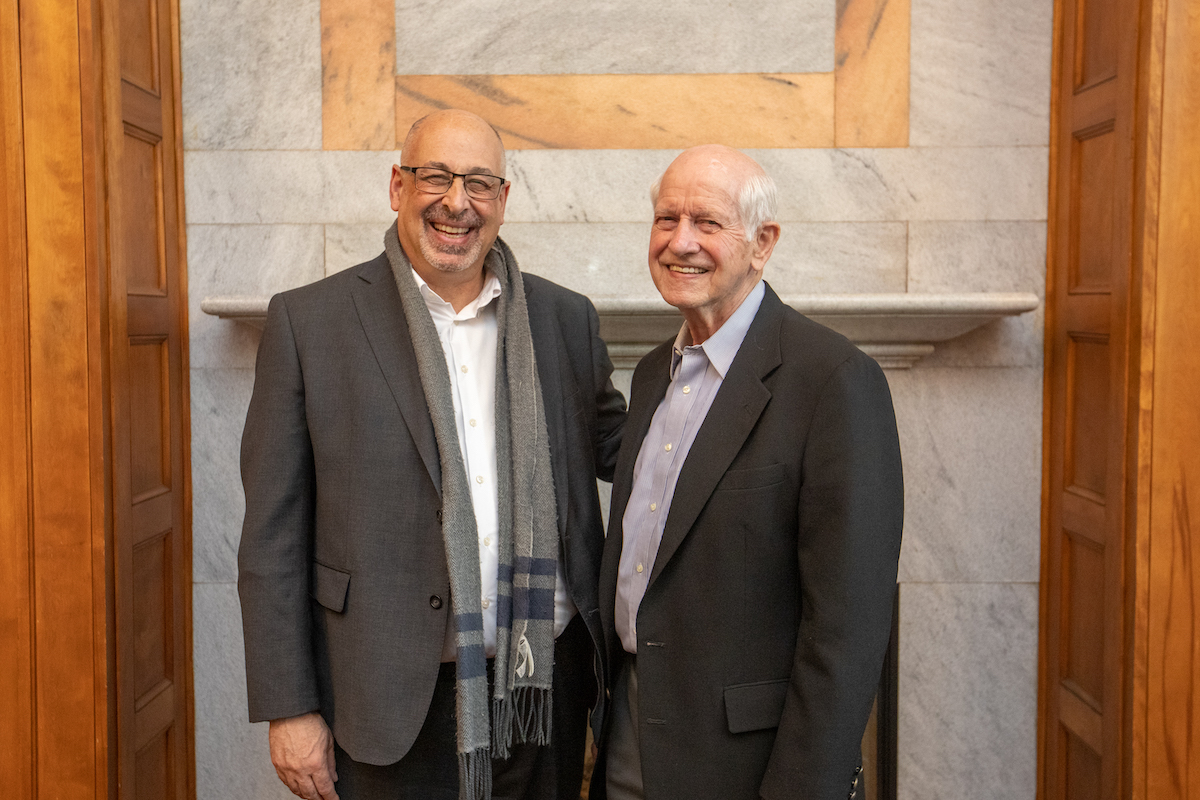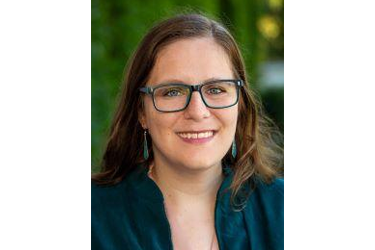Dr. J. E. Morgan, a 2021 graduate of the doctoral program, was recently named an NEH Postdoctoral Fellow at the Omohundro Institute in Williamsburg, VA. As an OI-NEH fellow, Morgan will continue work on her manuscript “American Concubines: Gender, Race, Law, and Power in the British Caribbean and North American South, 1661-1800.” She has previously held visiting faculty positions at the University of Florida and Emory University. Morgan’s dissertation, “American Concubines: Gender, Race, Law, and Power in the British Caribbean and North American South, 1661-1800,” was advised by Drs. Leslie Harris and Yanna Yannakakis.
Month / April 2023
Andrew G. Britt (PhD, 18) Wins LASA – Brazil Best Article in the Humanities Prize
Dr. Andrew G. Britt, a 2018 alum of the graduate program, has won the Antonio Candido Prize for Best Article in the Humanities from the Brazil Section of the Latin American Studies Association. Titled “Spatial Projects of Forgetting: Razing the Remedies Church and Museum to the Enslaved in São Paulo’s ‘Black Zone’, 1930s–1940s,” Britt’s article appeared in the November 2022 issue of the Journal of Latin American Studies. The piece investigates how anti-Black racism influenced the demolition of São Paulo’s former Church of the Remedies, the headquarters of Brazil’s Underground Railroad in the 1880s and, following formal abolition in 1888, a museum dedicated to the enslaved. The article forms part of Britt’s book manuscript, titled The Paradoxes of Ethnoracial Space in São Paulo, 1930s-1980s. Britt completed his graduate work under the advisement of Drs. Jeffrey Lesser and Thomas D. Rogers. He is currently Assistant Professor of History and Digital Humanities at the University of North Carolina School of the Arts. Britt is among three former or current Emory History Department members recognized by prizes in the 2023 LASA awards cycle. Read the abstract of the article below.
In the shadows of a Shinto torii (gateway) in São Paulo’s ‘Japanese’ neighbourhood rests the city’s first burial ground for enslaved Africans. Recently unearthed, the gravesite is one of the few visible remains of the Liberdade neighbourhood’s significance in São Paulo’s ‘Black zone’. This article excavates the history of the nearby Remedies church, the headquarters of Brazil’s Underground Railroad and a long-time museum to the enslaved. The 1942 demolition of the Remedies church, I argue, comprised part of a spatial project of forgetting centred on razing the city’s ‘Black zone’ and reproducing São Paulo as a non-Black, ethnically immigrant metropolis.
Billups Publishes Article in the ‘Journal of American History’
Doctoral Candidate William Robert Billups has published a new article in the March 2023 issue of the Journal of American History. Titled “Martyred Women and White Power since the Civil Rights Era: From Kathy Ainsworth to Vicki Weaver,” the article analyzes how the martyrdom of two women by white supremacists contributed to the development of transnational white supremacist networks and ideologies. Billups is currently completing his dissertation, “‘Reign of Terror’: Anti–Civil Rights Terrorism in the United States, 1955–1971,” which is advised by Drs. Joseph Crespino and Allen Tullos. Read a summary of the article, published on the blog of the Organization of American Historians, below.
In 1968, Mississippi policemen fatally shot Kathy Ainsworth, a Ku Klux Klan bomber and pregnant schoolteacher, during a sting operation. Decades later, a Federal Bureau of Investigation sniper killed Vicki Weaver, an Idaho white supremacist mother, during a standoff. Both women became martyrs, and today transnational white supremacist communities revere them as antigovernment symbols. William Robert Billups tracks Ainsworth and Weaver across far-right collective memory to analyze the development of modern white supremacist ideologies and networks. He argues that discourses about persecuted white mothers helped spawn far-right antistatism. His study provides new insights into women’s roles in white supremacist movements and demonstrates how anxieties about white motherhood and procreation have fueled antigovernment extremism since the civil rights era.
Lipstadt Among TIME’s Most Influential People of 2023

Dr. Deborah Lipstadt, Dorot Professor of Modern Jewish History and Holocaust Studies, was recently named one of the most influential people in 2023 by TIME. Since last year Lipstadt has served as the U.S. State Department’s Special Envoy to combat antisemitism. The post positions Lipstadt, who is also associated faculty in the History Department, on the front lines of U.S. government efforts to contest the increasing wave of antisemitism across the globe. Read the biographic entry for Lipstadt, penned by Anti-Defamation League CEO and national director Jonathan Greenblatt, below.
“In the Book of Proverbs, there’s a hymn that speaks of a woman of valor—Eshet Chayil in Hebrew—one who is strong and righteous and who also provides a safe home where Jewish values and traditions may thrive. As U.S. special envoy, Ambassador Deborah Lipstadt exemplifies this image, tirelessly working to protect Jewish communities, and to build a world where all are safe and protected.
“A distinguished scholar, Deborah has courageously taken on antisemitism on campus, in the courts, and in the halls of power. Now she is battling the “oldest hatred” at a moment when anti-Jewish hate has surged to record levels in the U.S. and around the world.
“Deborah has aptly noted that antisemitism might start with the Jews, but it never ends with the Jews. And so her work—fearlessly calling on the international community to ensure that Jews everywhere can live safely and practice their faith freely—is critical not only for Jewish people, but also for ensuring a society free of bigotry and intolerance for all people.”
Lesser’s Global Leadership Recognized with Creekmore Award for Internationalization

Dr. Jeffrey Lesser, Samuel Candler Dobbs Professor of History and Director of the Halle Institute for Global Research, was recently recognized with the Creekmore Award for Internationalization by Emory’s Office of Global Strategies and Initiatives. The Creekmore Award is given annually to a faculty member who has made extraordinary contributions to Emory’s global work and reputation. As director of the Halle Institute, Lesser has created innovative programs that support faculty and student research, bridging disciplines and connecting Emory with scholars around the world. Lesser is a leading scholar of Brazilian history, particularly constructions of national identity. His current research investigates the intersections of immigration and public health in the city of São Paulo. Read more about the 2023 International Award winners here: “2023 International Awards honor history professor, international student programs director and entertainment industry CEO.”
Hannah Rose Abrahamson (PhD, ’22) Wins Premio LASA Maureen Ahern Doctoral Dissertation Award
Dr. Hannah Rose Abrahamson, a 2022 doctoral program graduate, recently won the Maureen Ahern Award from the Latin American Studies Association – Colonial Section for her dissertation. Titled “Women of the Encomienda: Households and Dependents in Sixteenth-Century Yucatan, Mexico,” the thesis was advised by Dr. Yanna Yannakakis, Associate Professor of History. Abrahamson is currently Assistant Professor of History at the College of the Holy Cross. Her research and teaching interests include early modern Latin America, indigenous history, the Atlantic world, colonialism, gender, sexuality, and the digital humanities. Abrahamson is among three former or current Emory History Department members recognized by prizes in the 2023 LASA awards cycle. Read the abstract of Abrahamson’s dissertation below.
Over the course of the sixteenth century, multiple Spanish women in Yucatan, Mexico gained and maintained authority over encomiendas, royal grants to Native tributary labor. While the Spanish Crown most often awarded these grants to men as recompense for military service in the conquest of the Americas, dozens of women inherited and held the privileged status of encomendera (encomienda grant holder). My dissertation situates women at the center of encomiendas, colonial households, and relationships of dependent labor and domestic servitude during the first century of colonization in Yucatan. I trace women’s involvement in these institutions from the establishment of colonial settlements in the region in the 1540s through the late sixteenth century: the period during which the encomienda constituted the sole basis of Yucatan’s economy. The reciprocal, yet uneven, relationships of dependency that characterized the encomienda were mirrored in colonial households where Spanish, Maya, and African- descended peoples enacted and contested colonial power dynamics in their everyday lives. I argue that Spanish and Maya women’s increasing involvement in the encomienda over the course of the sixteenth century stabilized the institution and further entrenched it in the region, allowing it to endure in Yucatan for nearly three centuries. This project contributes to discussions regarding the nature of colonialism by examining the means through which women exercised power in European settlements. Spanish women became colonial authorities in their own right through their roles as encomenderas. I also examine instances of resistance in which Maya and African dependents pushed against encomenderas’ power through legal and extralegal means. My project provides new insight regarding how Spanish, Maya, and African women gained, maintained, and contested authority in peripheral settlements throughout the Americas where wealth was grounded in Indigenous labor and agricultural production.
Billups Named National Fellow by the Jefferson Scholars Foundation
Doctoral candidate William (Robert) Billups has received the prestigious National Fellowship from the Jefferson Scholars Foundation at the University of Virginia. The program “supports outstanding scholars at leading institutions of higher education who are completing dissertations in United States politics, with an emphasis on historical and institutional analyses of politics, public policy, and foreign relations.” Billups’s dissertation, “‘Reign of Terror’: Anti–Civil Rights Terrorism in the United States, 1955–1971,” is advised by Drs. Joseph Crespino and Allen Tullos. The fellowship will provide Billups with financial support during the completion of his dissertation, mentorship from an additional renowned scholar in the field, and opportunities for assembling research networks and cultivating leadership skills. Billups also recently received a fellowship from the Bentley Historical Library at the University of Michigan. That fellowship will support Billups’s investigation of violent opposition to school desegregation via court-ordered busing during the 1970s.
Anderson Publishes Article on Florida’s “Long, Sordid” Past in ‘The Washington Post’
Dr. Carol Anderson, Charles Howard Candler Professor of African American Studies, recently published an article in The Washington Post’s “Made by History” series. Titled “Florida’s past paints Ron DeSantis’s war on ‘wokeism’ in a dark light,” Anderson’s article discusses the endemic anti-Black violence and political disenfranchisement that characterized Florida society in the nineteenth and twentieth centuries. Anderson links this history to Florida Gov. Ron DeSantis’s contemporary political campaign against on “wokeism,” which Anderson argues is, in fact, “a war on the marginalized” and the denial of the “existence of systemic injustice.” Read an excerpt from the article below along with the full piece: “Florida’s past paints Ron DeSantis’s war on ‘wokeism’ in a dark light.”
“Florida Gov. Ron DeSantis’s war on ‘wokeism,’ often minimized as a culture war or taking on the establishment to build his conservative brand, is actually a war on the marginalized. Sensing that they don’t have the power to fight back, he tramples the Constitution, state law or whatever gets in his way. The targeting is clear. DeSantis’s own attorney defined ‘woke’ as ‘the belief there are systemic injustices in American society and the need to address them’
“By denying the existence of systemic injustice, DeSantis is placing himself in a long, sordid Florida history that has targeted the civil rights of African Americans in the Sunshine State. It is a history scarred by lynching, rigged trials, massive disfranchisement, instilling fear and showcasing the systemic assault on the rule of law.“





